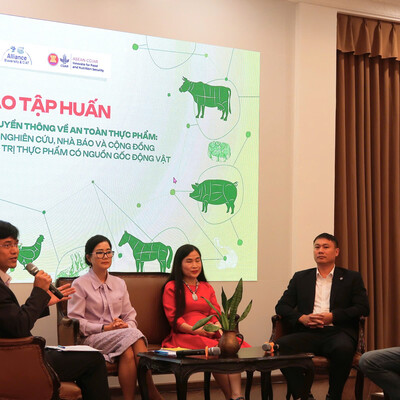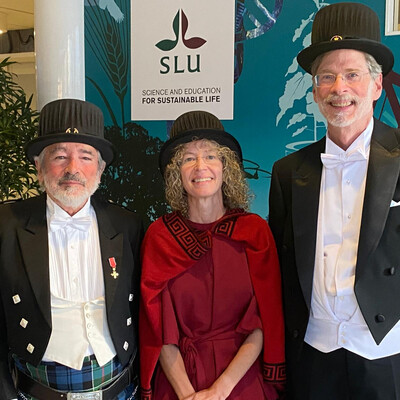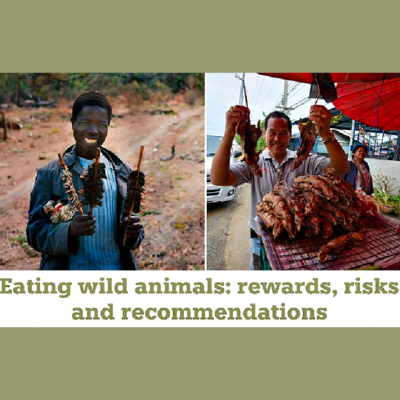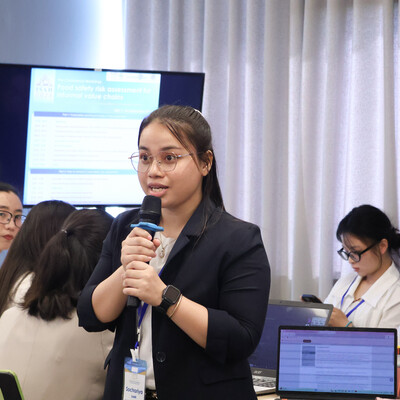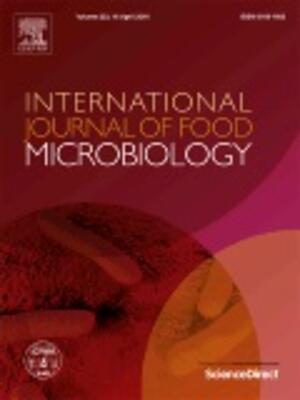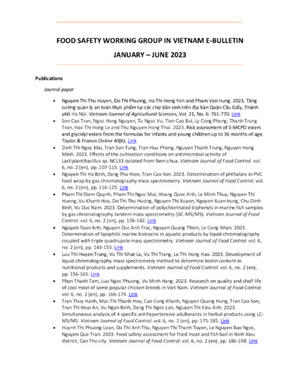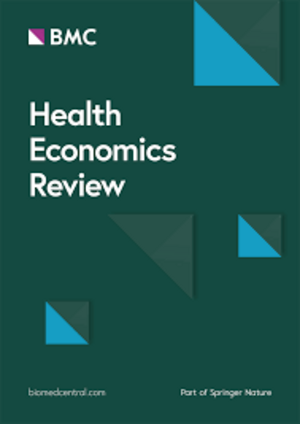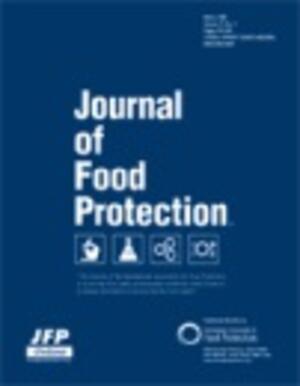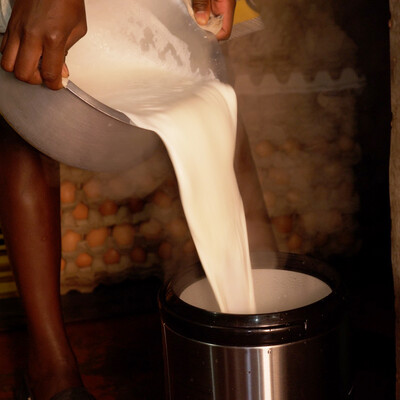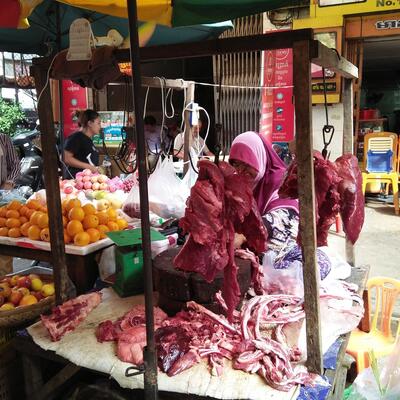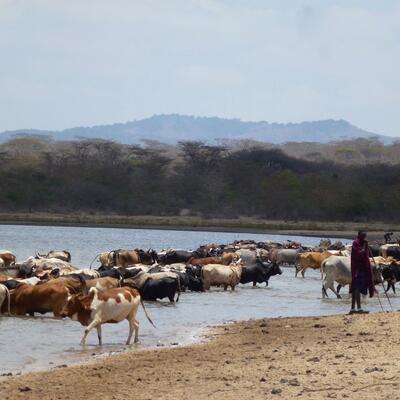
Australia-funded safe pork project in Vietnam reviews 2020 achievements and sets goals for 2021
On 27–28 November 2020, the ‘Market-based approach to improving the safety of pork in Vietnam,’ or SafePORK project team and partners held an annual planning meeting in Ninh Binh Province, about 100 kilometres south of Hanoi. The two-day workshop, which was hosted by the International Livestock Research Institute (ILRI) in Vietnam, reviewed the accomplishments of the project in 2020 and set project goals for 2021 and beyond.
Participants in the meeting were key researchers from ILRI in Vietnam and Kenya, and partners in the project including the Vietnam National University of Agriculture (VNUA), the Hanoi University of Public Health (HUPH), and the National Institute for Animal Science (NIAS) and the University of Sydney.
While the project faces an overall delay of 6–9 months due to the COVID-19 pandemic, the project achieved several milestones in 2020, its third year of implementation. In 2020, SafePORK’s interventions were implemented and scaled up in a medium-scale slaughterhouse and two traditional markets in Tien Lu District, Hung Yen Province. This work relied on the use of participatory approaches, which the project promotes in improving pork safety in the country.
At a slaughterhouse in Hung Yen Province good hygiene practices such as frequent washing of hands and surfaces, slaughtering pigs on stainless steel grids, and better separation of clean and dirty zones were introduced. All these interventions led to a significant reduction of total bacteria count contamination, an indicator for improved hygienic condition. Based on these promising results, the slaughterhouse intervention packages have been scaled out to four more slaughterhouses in Nghe An Province. Five other slaughter facilities in Hung Yen and Hoa Binh provinces will be supported by the project and local authorities to implement similar measures in pork preparation.
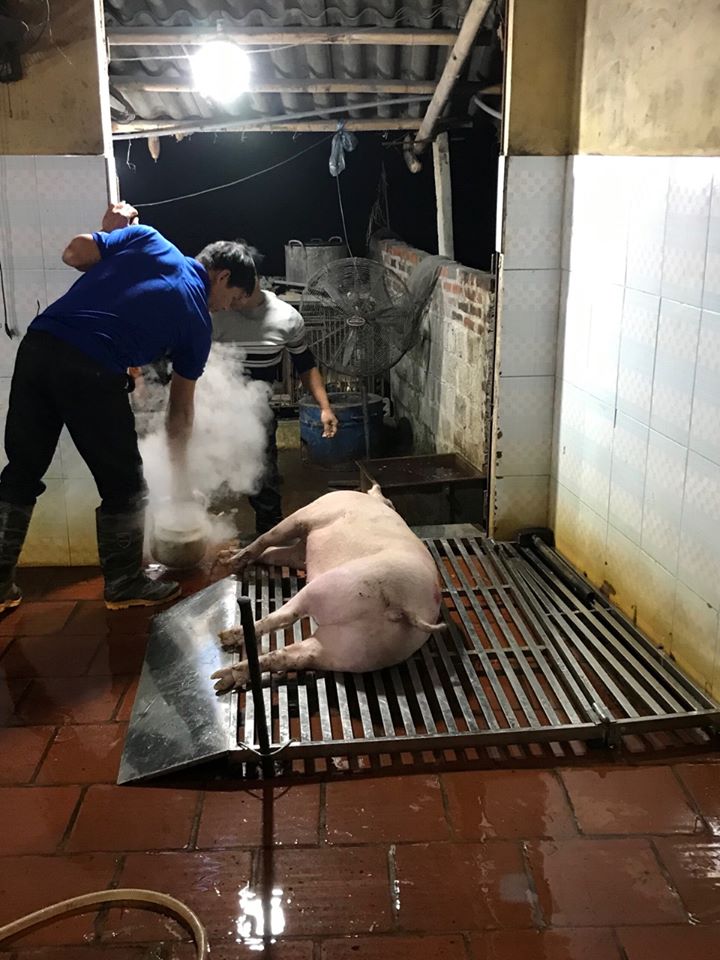 Pigs are slaughtered on stainless steel grids to reduce cross biological contamination at a slaughterhouse in Hung Yen Province (photo credit: ILRI/Hung Nguyen).
Pigs are slaughtered on stainless steel grids to reduce cross biological contamination at a slaughterhouse in Hung Yen Province (photo credit: ILRI/Hung Nguyen).Another important achievement of SafePORK in 2020 was the registration of indigenous pig breeds in the project areas. The local Ban pig was officially recognized as a breed and registered under a collective Ban pig brand, with the support of Hoa Binh Province authorities. The registration process was guided and supported by NIAS and closely aligned with the requirements of local authorities. This activity was also supported by a Germany Federal Ministry of Economic Cooperation and Development-funded project targeting pork-borne zoonoses in indigenous pork. In the meantime, value chain linkages between SafePORK and an existing Ban pig cooperative in Hoa Binh with 90 farmers have been strengthened. This initiative will lead to among other outcomes, the upgrading of two Ban pig slaughterhouses, which will be combined with upcoming hygienic training of butchers in Hoa Binh.
 Ban pig is a main source of local livelihood, but exposes health risks to human if hygience practices are not well in place
Ban pig is a main source of local livelihood, but exposes health risks to human if hygience practices are not well in place (photo credit: ILRI/Chi Nguyen).
As part of the planning, the outputs, timelines and responsibilities for 2021 were discussed. All team members agreed that low-cost food safety interventions at key points of the pork value chain and risk communication will be continued in 2021. Also, food safety interventions that have received policy-level support, for example, the intervention package at slaughterhouses, will be further consolidated and scaled up in collaboration with the private sector.
Activities related to risk communication on food safety started in mid-2020 in both Hung Yen and Nghe An provinces targeting local food safety authorities, key-members of communal unions and consumers. Based on a Training of Trainers (ToT) capacity development approach, risk communication will be further rolled out using hands-on food safety training for local communities led by the trained community members with gradually declining support from project researchers to ensure the sustainability of the intervention. Responding to increased community demands, risk communication training will be expanded in 2021 to food handlers and managers in school canteens.
SafePORK is a five-year project that is developing and evaluating market-based approaches to improving food safety, with the overall goal of reducing the burden of food-borne diseases in informal, emerging formal, and niche markets targeting small- and medium-scale producers in Vietnam. It is funded by the Australian Centre for International Agricultural Research (ACIAR).
See related posts:
Can COVID-19 spur transformations in food safety in traditional Vietnamese pork value chains?







